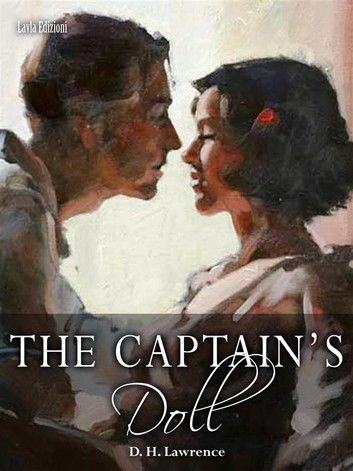| FindBook |
有 1 項符合
The Captain's Doll的圖書 |
 |
The Captain's Doll 作者:David Herbert Lawrence 出版社:LVL Editions 出版日期:2016-06-11 語言:英文 |
| 圖書館借閱 |
| 國家圖書館 | 全國圖書書目資訊網 | 國立公共資訊圖書館 | 電子書服務平台 | MetaCat 跨館整合查詢 |
| 臺北市立圖書館 | 新北市立圖書館 | 基隆市公共圖書館 | 桃園市立圖書館 | 新竹縣公共圖書館 |
| 苗栗縣立圖書館 | 臺中市立圖書館 | 彰化縣公共圖書館 | 南投縣文化局 | 雲林縣公共圖書館 |
| 嘉義縣圖書館 | 臺南市立圖書館 | 高雄市立圖書館 | 屏東縣公共圖書館 | 宜蘭縣公共圖書館 |
| 花蓮縣文化局 | 臺東縣文化處 |
|
|
The story chronicles the journey of fallen German aristocrat Countess Johanna 'Hannele' zu Rassentlow as she dates a Scottish officer of unusual philosophy. The relationship develops into one of D. H. Lawrence's idiosyncratic 'wicked triangles'. The intimate relationship between Captain Alexander Hepburn and Hannele is intruded upon when the captain's wife Evangeline travels to Germany suspicious of foul play.
The plot unfolds with two parallel narratives; one in the symbolic domain, the other a traditional short story narrative about these protagonists. The concurrent symbolic tale that unfolds centers around the central image of The Captain's Doll–after which the story gains its title. This doll is a striking portrait of the Captain, with his "slender legs" and mesmerizing dark stare encapsulated in the silks and calico of a lifeless, inanimate object.
This doll is an ongoing motif throughout the story as it acts as a metaphor for the dehumanizing effects of war on Hepburn – an English gentleman who had been part of the war machine and in the aftermath has come to believe that "we are worth so very little".
|









